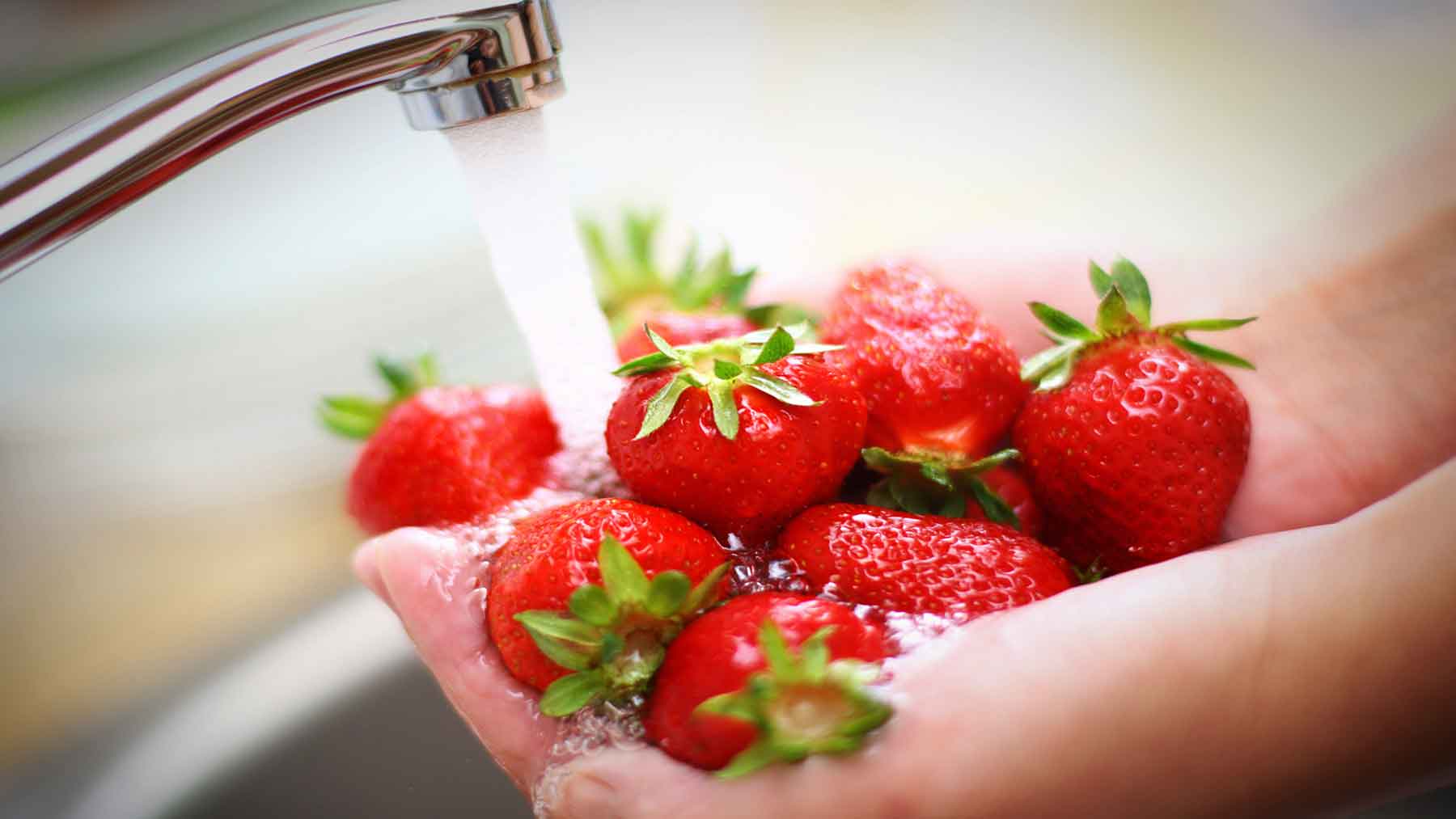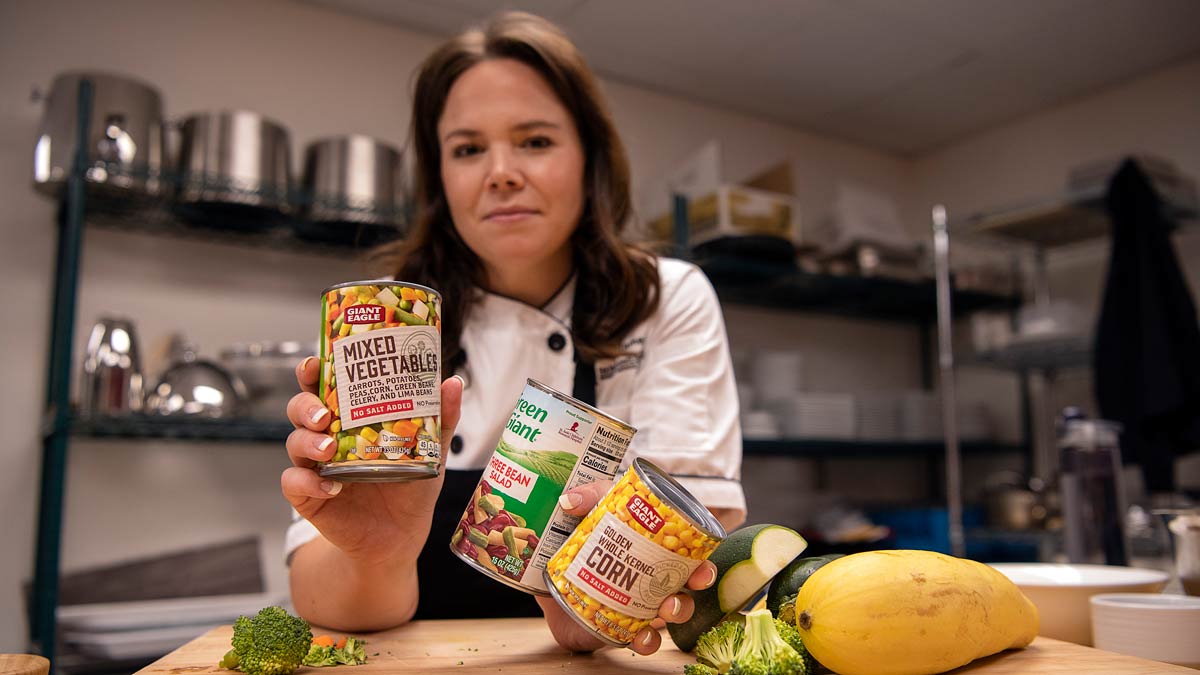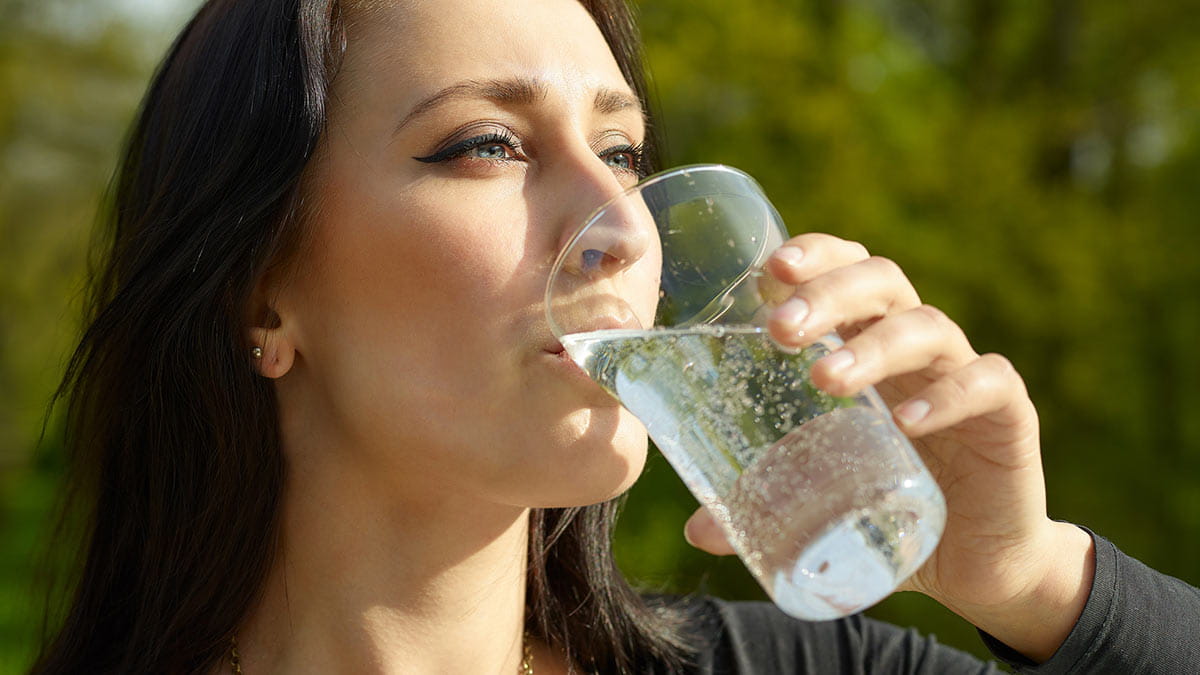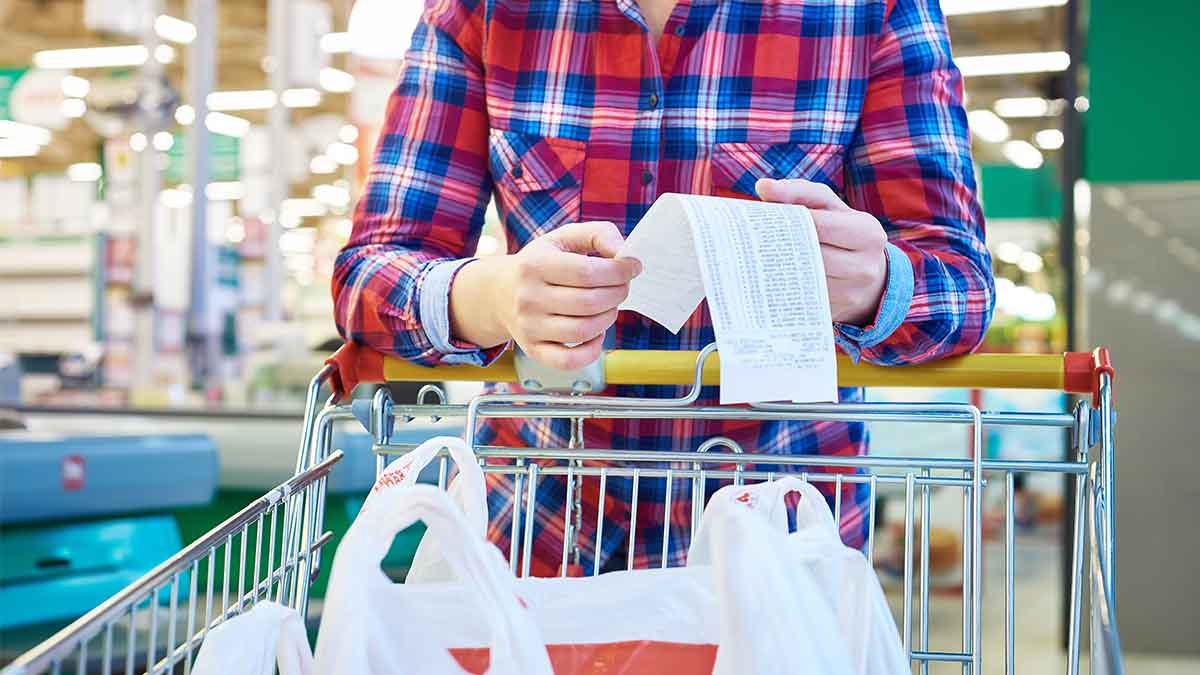How important is it to wash fruits and vegetables before eating?

Everyone knows you’re supposed to wash your fruits and vegetables before eating them, but how important is it really?
The Centers for Disease Control and Prevention says washing your produce under running water can prevent you from becoming infected with food-borne illnesses like norovirus, which is the country’s leading cause of disease outbreaks from contaminated food.
Also, rinsing your produce ensures that you’re not eating physical dirt, pebbles, insects and other lingering debris. Produce can also pass through a lot of hands before it gets to your kitchen, so a good rinse will eliminate germs from others.
Despite the germs and bacteria that can be present on your produce, you shouldn’t be hesitant to eat fruits and vegetables. Fruits and vegetables have a lot of health benefits, and giving them a quick rinse can only help you.
However, it can feel like running produce under water for a few seconds has done nothing and it can be hard to tell how long you should wash to be effective. The truth is, it depends.
How long should you wash fruits and vegetables that are porous?
Fruits and vegetables that are porous have tiny holes through which liquid or air could pass. Fruits like cantaloupes and strawberries, and vegetables like green onions and bean sprouts, are considered porous. These should be run under cool water for 10 to 20 seconds.
Normally, running these types of produce under cool water is enough to do the trick, but cantaloupes and strawberries are very porous, which means they can pick up more contaminants.
To clean strawberries thoroughly, run berries under vigorous running water to get them as clean as possible. Cantaloupes should be washed with a scrubbing brush and other firm produce can be too like other melons and cucumbers.
How long should you wash fruits and vegetables with peels?
For fruits that have smooth peels, like watermelons and apples, you don’t need more than 10 seconds under cool water. I’d recommend using your hands or a cloth to gently wash off any possible contaminants. Even if you decide to peel a fruit like an apple, the skin should still be washed beforehand.
Some produce should not be washed until right before eating, like most berries, since their quality starts to degrade they are washed.
For produce where the whole peel comes off, like oranges or bananas, a rinse isn’t even necessary because the tough outer peel makes it difficult for bacteria to pass through.
Even if you wash your produce, you can still get sick
Washing fruits and vegetables removes some of the bacteria out there – but not all of it.
If your lettuce is contaminated with E. coli, for example, a good scrub isn’t going to make much of a difference. Also, if bacteria make it past the outside of a fruit – be it through a porous surface, a crack or bruise – your surface-level rinse isn’t going to do any good.
Liz Weinandy is a registered dietitian at The Ohio State University Wexner Medical Center.




